Say what you will about the Baby Boomers, but they are a force to be reckoned with. As the biggest generation in modern history, the Baby Boomers transformed the world. It wasn’t just their numbers that brought them into the fold, however, as this generation emerged with a keen sense of self, a strong advocacy for social change, and a high-value placement on work and pride. Thanks to their revolutionary yet self-possessed spirit, the Baby Boomers shaped modern society.
At the same time, however, the Baby Boomers earned a reputation as a self-centered, even narcissistic generation. Their relentless pursuit of self-improvement and self-actualization gave way to a self-centeredness that new generations are forced to reckon with. No matter how you slice it, the Baby Boomers are a contradictory generation. Half-advocates for equality and half-advocates for themselves, their influence has shaped modern society and by extension, the entire world. (For characteristics of the biggest generation, discover the quintessential traits of the Baby Boomer generation.)
To compile a list of the 17 ways Baby Boomers shaped modern society, 24/7 Tempo consulted a range of lifestyle, financial, and news publications including U.S. News & World Report, BestLife Online, and The Busy Retiree. From there, we selected demonstrable ways that Baby Boomers affected the modern world. After that, we confirmed aspects of our research using sites like Johns Hopkins University and The Pew Research Center.
Working Longer

Two business colleagues working together in meeting space. Mentor instructing newcomer. Young Indian woman with laptop and mid adult man with tablet discussing new project. Teamwork or training concept (Two business colleagues working together in meet
One of the ways Baby Boomers shaped modern society is in terms of work life. Since the Baby Boomers hung up their radical and hippie caps and entered the workforce, they’ve revolutionized the way people work. Boomers tend to work harder and for longer hours. Furthermore, Baby Boomers tend to believe in company loyalty, unlike newer generations. It’s not surprising to see a Baby Boomer who spends much of his adult working life at the same company. While millennials have tended towards job hopping, the old guard still sits firmly in place.
This isn’t without its rationale, however. As time progressed through the late 20th century, an increasing number of jobs became automated or were shipped overseas. Plus, it becomes more and more difficult for people over 50 years old to find a new job, so many Boomers remain entrenched in long-time positions both out of fear and competition.
Income Inequality
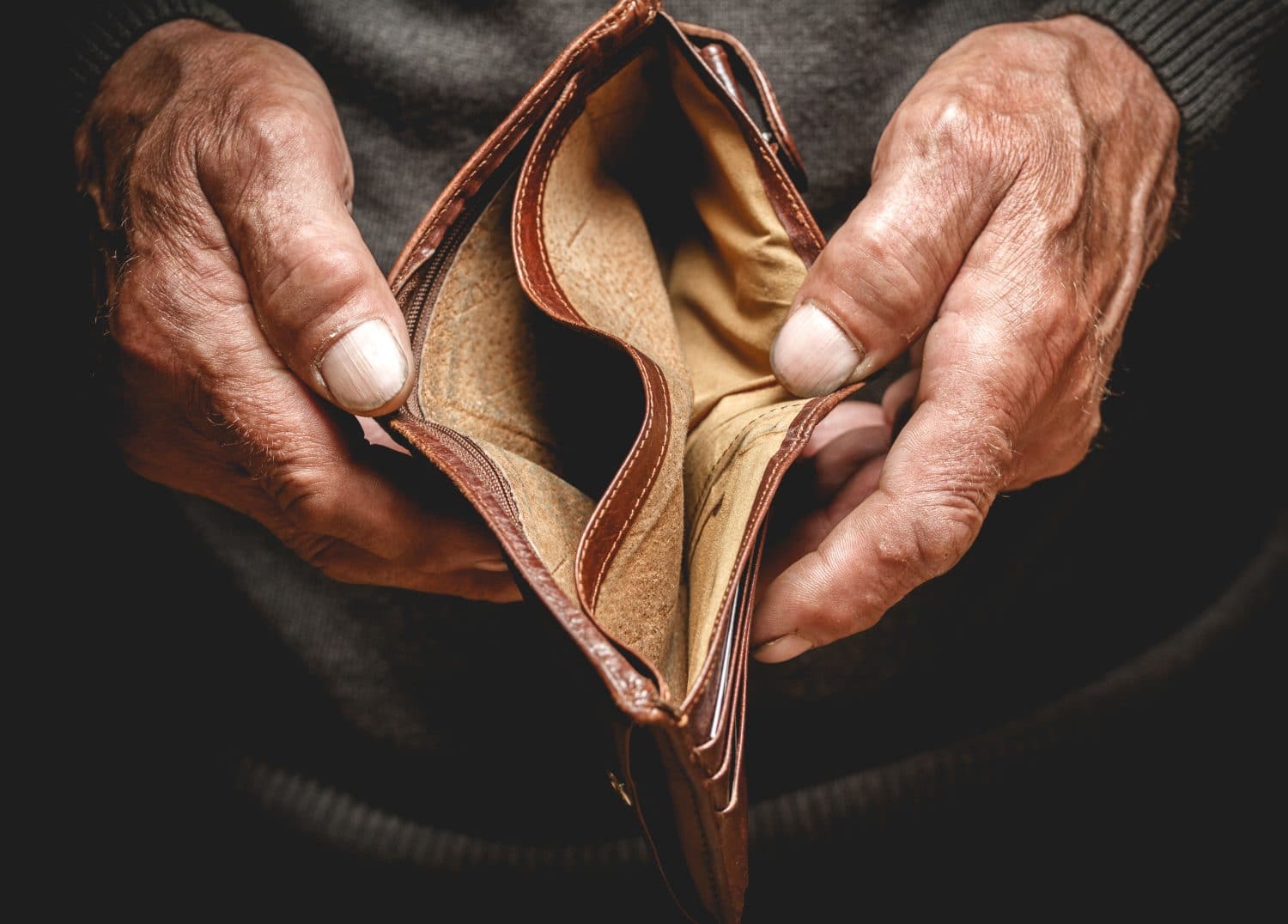
Baby Boomers saw
Another one of the ways Baby Boomers shaped modern society has to do with income inequality. The Baby Boomer generation remains the largest cohort of people of any recent generation. This created benefits and drawbacks. While the Boomers made great strides in many sectors of society, as they did, the income opportunities increasingly dried up.
Though Baby Boomers currently hold most of the wealth in modern society, many boomers suffer from this inequality. Since the dawn of the new millennium, the middle class has grown ever smaller, losing income and wealth and subsequently, faith in the future.
Competition

Another one of the ways Baby Boomers shaped modern society involves competition. As previously mentioned, the Baby Boomers were the largest generation in history, accounting for 73 million people in America alone. This created a scarcity in terms of jobs, government benefits, investment, and countless other arenas of society. The competition of baby boomers is most evident, however, in the workplace.
With so many people vying for the same positions, Baby Boomers retain a competitive edge. They show pride in their work and believe heavily in workplace visibility. When you have hundreds of people competing for the same positions and stations in life, it’s no surprise that the Baby Boomers maintain a fierce competitive edge to ensure their standing.
Career Advancement

As mentioned in the previous slides, the Baby Boomers care about their career and how far they can advance. This manifests itself in the Baby Boomers’ apparent obsession with work. Many people have categorized Baby Boomers as a generation obsessed with their importance, always pursuing higher accolades, bigger paychecks, and more expensive toys.
While Boomers are career-focused and goal-oriented, by the same token, they have little care for work-life balance. It seems that many people consider Boomers to be workaholics. They derive self-worth and status from their jobs more than any generation. While they are often self-sufficient in the workplace, and place great importance on the perceived value of their work, Baby Boomers are often considered selfish strivers, willing to do anything to advance in their careers.
Peer Pressure
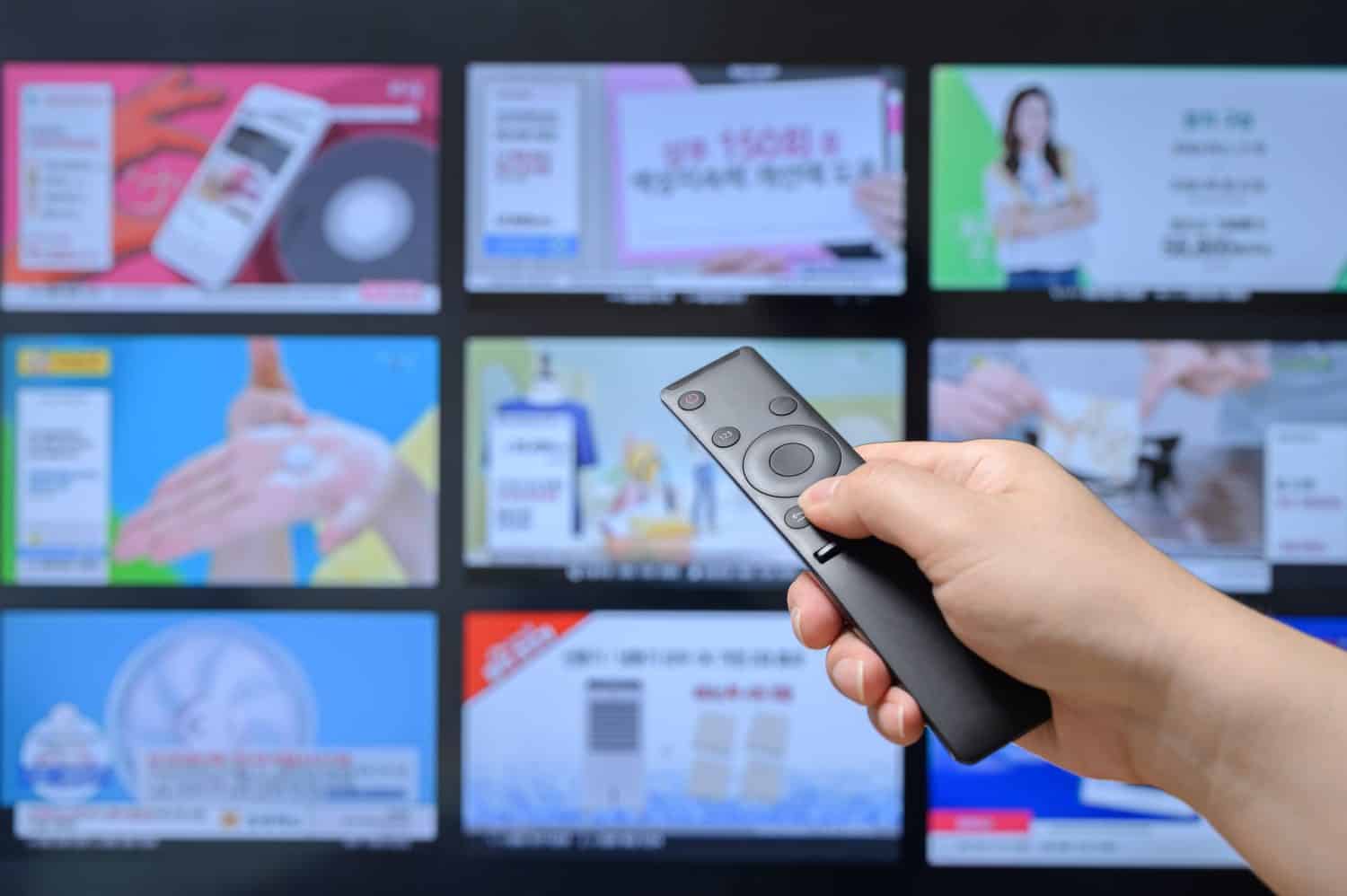
Another one of the ways Baby Boomers shaped modern society is peer pressure. As the biggest generation, the Boomers fed off each other’s ideas. Sometimes, this resulted in radical cultural revolutions. Other times, however, this peer pressure took on more sinister forms. Advertising, for example, exploded during the Baby Boomer generation.
While their parents often took social cues from their friends or neighbors, the Baby Boomers were exposed to countless advertisements that enforced the idea of improvement in every arena. While this helped catalyze competition for a better life, it also led many on a path of pursuing an unattainable ideal. Though not necessarily their fault, the Baby Boomers fell under the spell of advertising, which suggests you can always make more, buy more, and look better.
Optimism

Say what you will about the Baby Boomers, but growing up, they were a relentlessly optimistic generation. Free from the chaos of World War II and born amid the 1950s economic prosperity, the Baby Boomers embodied the American dream: if you work hard and believe in it, you can fulfill your goals.
This optimism is evident in the countless social movements and reforms that occurred during the baby boomer adolescence. Be it the anti-Vietnam War movement, the Summer of Love, or even the economic boom of the 1980s, the Baby Boomers used their idealist mindsets to change the world. While it didn’t always work out how they planned, that optimism remained a steadfast characteristic of this hefty generation.
Self-Actualization

Another one of the ways Baby Boomers shaped modern society is their sense of self-actualization. Born in affluent times and coming of age amid turmoil and geopolitical chaos, the Baby Boomers saw the writing on the wall. They realized that only by discovering yourself could you find your place in the world. This self-actualization took on many forms and evolved through the eras.
Be it as hippies promoting free love and peace, or as quasi-drifters exploring the open roads of the United States, the Baby Boomers tried their hand at everything in their search for themselves. This process of self-fulfillment had its dark side, however, as too much self-actualization gives way to narcissism and self-centeredness. As they grew into adulthood, many called the Baby Boomers the “Me Generation” due to their tendency towards self-gratification and increasing material consumption.
Cultural Revolution
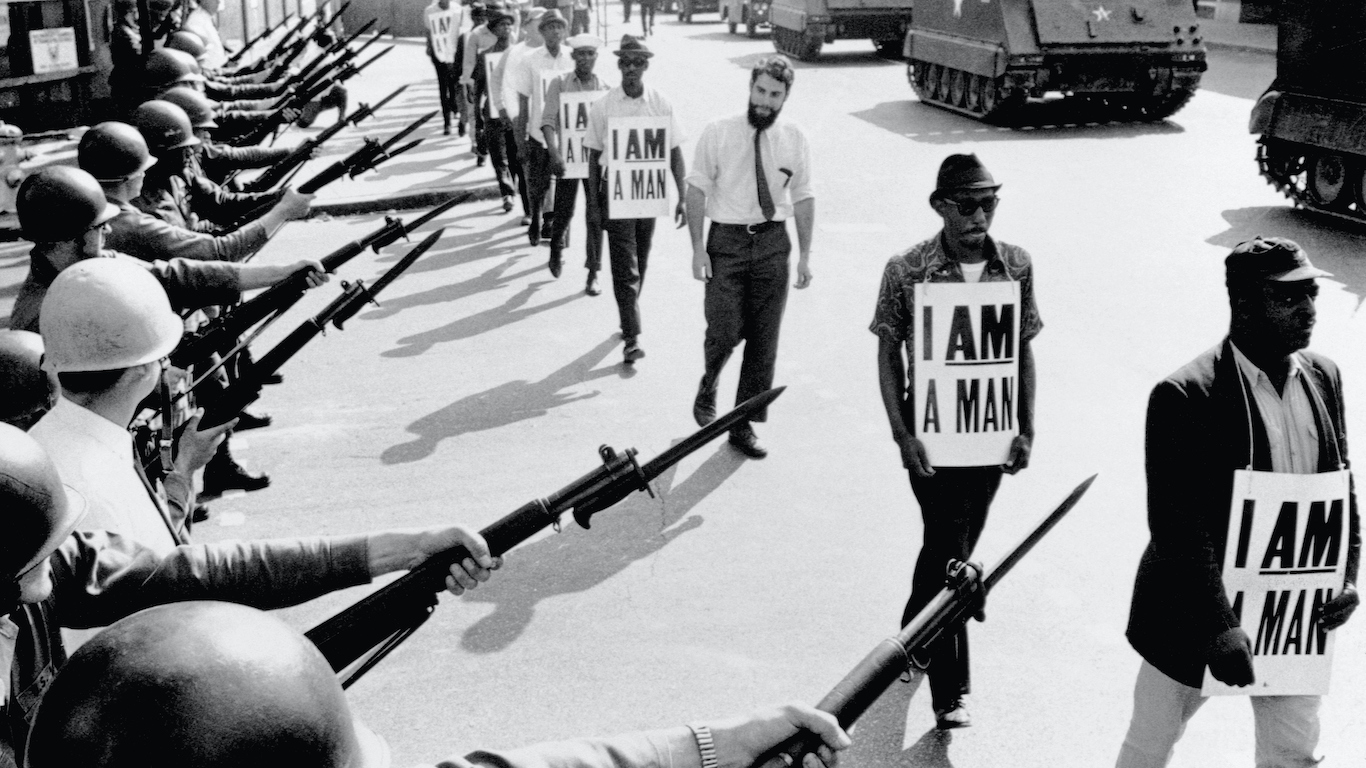
More than any recent generation, the Baby Boomers shaped modern society through cultural revolution. The domesticated prosperity of the 1950s gave way to the open-mindedness of the 1960s. People, particularly the boomers, realized they could be anything they wanted to be. As a result, countless cultural revolutions sprung up that altered the course of history.
Be it the hippie revolution, the anti-war movement, the Civil Rights era and the subsequent Black Power movement, the Baby Boomers were deadset on righting the wrongs they saw plaguing society. While it’s easy for people to make fun of Boomers these days, the world remains indebted to this generation’s sense of empathy for its fellow man. Due to their strides, society radically transformed in terms of equality, fairness, and progressive social change. (For other trends, discover 20 fads only Baby Boomers remember.)
Rock and Roll
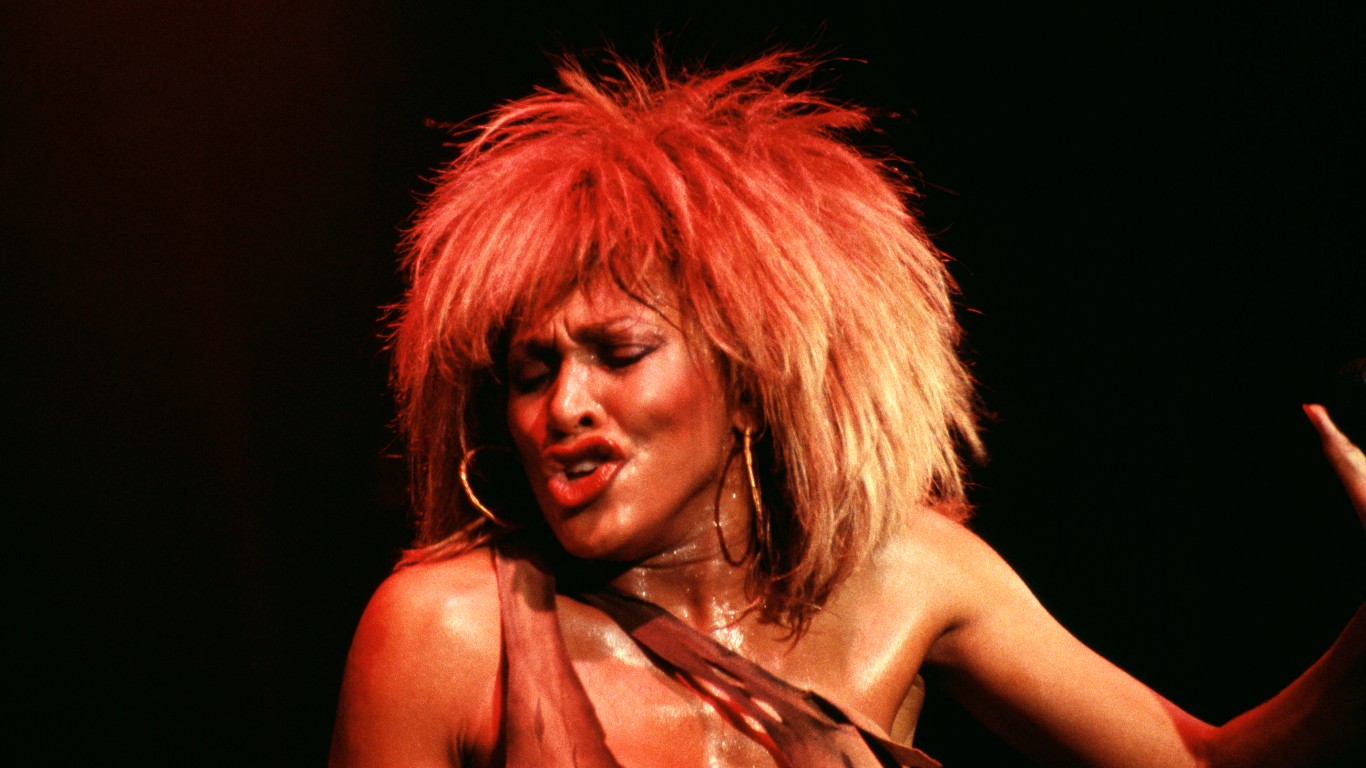
Another one of the ways Baby Boomers shaped modern society is through their love of music. Though rock and roll was technically invented by the greatest generation with musicians like Chuck Berry and Elvis Presley, the Baby Boomers fully embraced the musical explosion and catapulted it to new heights. Working hand in hand with other cultural revolutions, the Baby boomers took simple pop music and elevated it into a new art form, if not a spiritual experience.
Environmental Awareness

As previously mentioned, the Baby Boomers transformed society through their sense of justice and equality. This change did not just occur in the social sector, however. Before the Baby Boomers exploded onto the scene, not many people gave a second thought to the environment or how humans affect it. That all changed with the boomers, who took a special interest in environmental awareness.
Since coming of age, with the purchasing power that comes along with it, Baby Boomers have championed environmental causes and put a spotlight on environmental degradation. Be it climate change initiatives, adherence to recycling standards, or countless environmental movements like Greenpeace, the Baby Boomers’ advocacy for a healthy world has heavily influenced governmental and corporate sustainability practices.
Philanthropy

Another one of the ways Baby Boomers transformed society is through their keen sense of philanthropy. Perhaps as a consequence of their sense of justice and empathy for their fellow man, the Boomers’ activism has translated into an impressive taste for philanthropy. Even before they came of age and made some money, the Boomer generation were activists.
This activism evolved into a strategy of measurable social impact. While the Boomers are known as the most narcissistic generation, they balance that out through a noticeable amount of engagement with social causes. This manifests itself as volunteering, donation of time or money, and an overall advocacy for the less fortunate.
Debt

While their parents tended to save up their money until they could afford big purchases, the Baby Boomers preferred quicker solutions. The credit card boom exploded during the Baby Boomer generation, allowing for big purchases at a moment’s notice. However, credit cards mean debt, and the Baby Boomers took on their fair share as they aged.
Even though they are entering their retirement years these days, Baby Boomers still hold the second-highest debt of any living generation. While Baby Boomers still hold the highest amount of wealth, they report a lower quality of life than other groups. This could be due to their dependence on credit cards and debt. This came to a climax with the financial crisis of 2008, with Baby Boomers left holding the bag on many investments and properties.
Screen Time
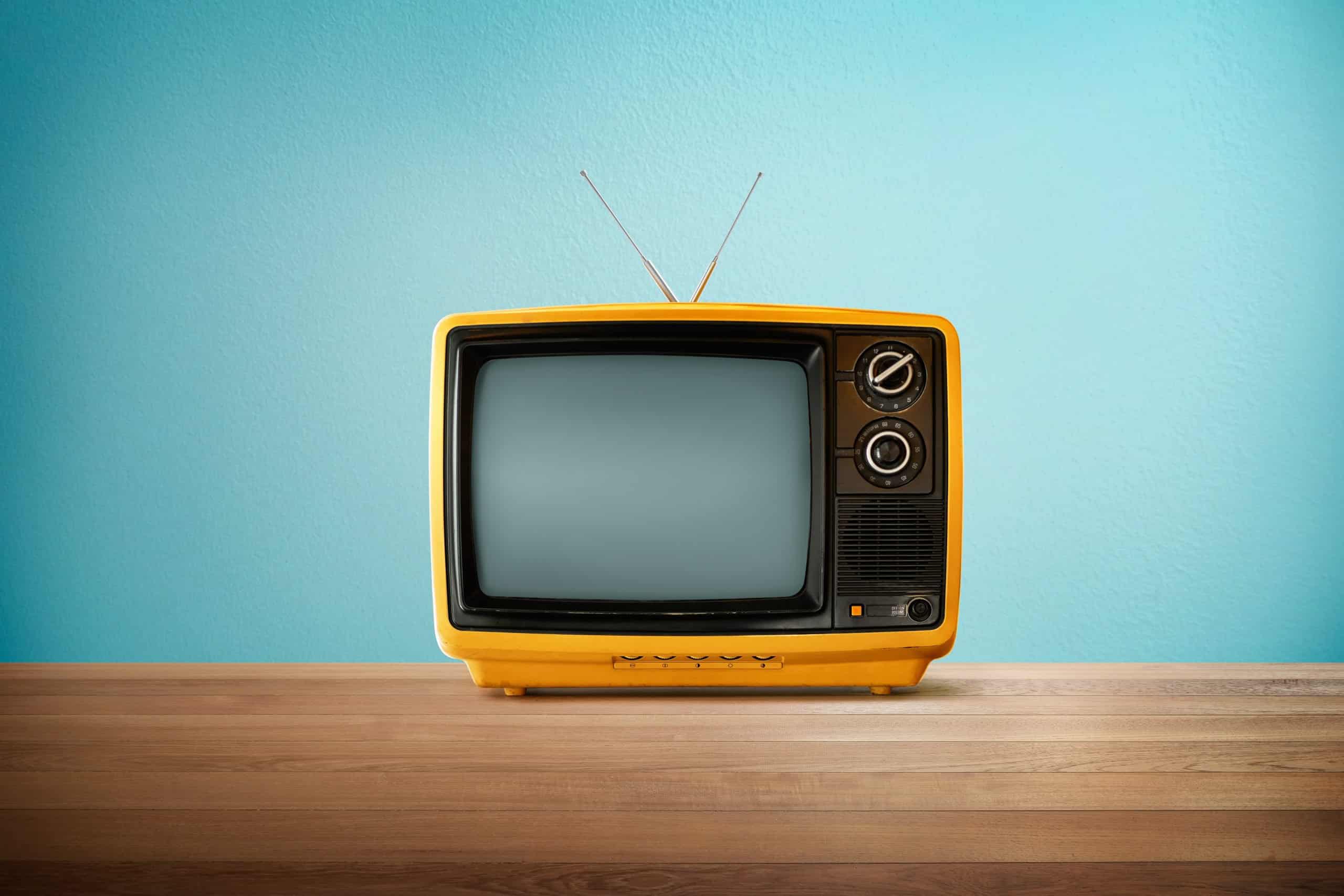
Another one of the ways Baby Boomers transformed society is through screen time. While the youngest generations seem to take all the blame for alarming levels of time in front of electronic screens, the Baby Boomers were the first generation fully raised on television. With the TV screen often acting as a centerpiece in Boomer homes, they instilled in their children a reliance on the screen for everything from breaking news to advertisements.
This had untold effects on the psyches of people, many of which are only beginning to take shape in the contemporary era. Be it advertisements telling you you could always look better or breaking news filling your head with catastrophe and anxiety, the Baby Boomer generation introduced the screen as a fundamental aspect of society.
Uncoupling
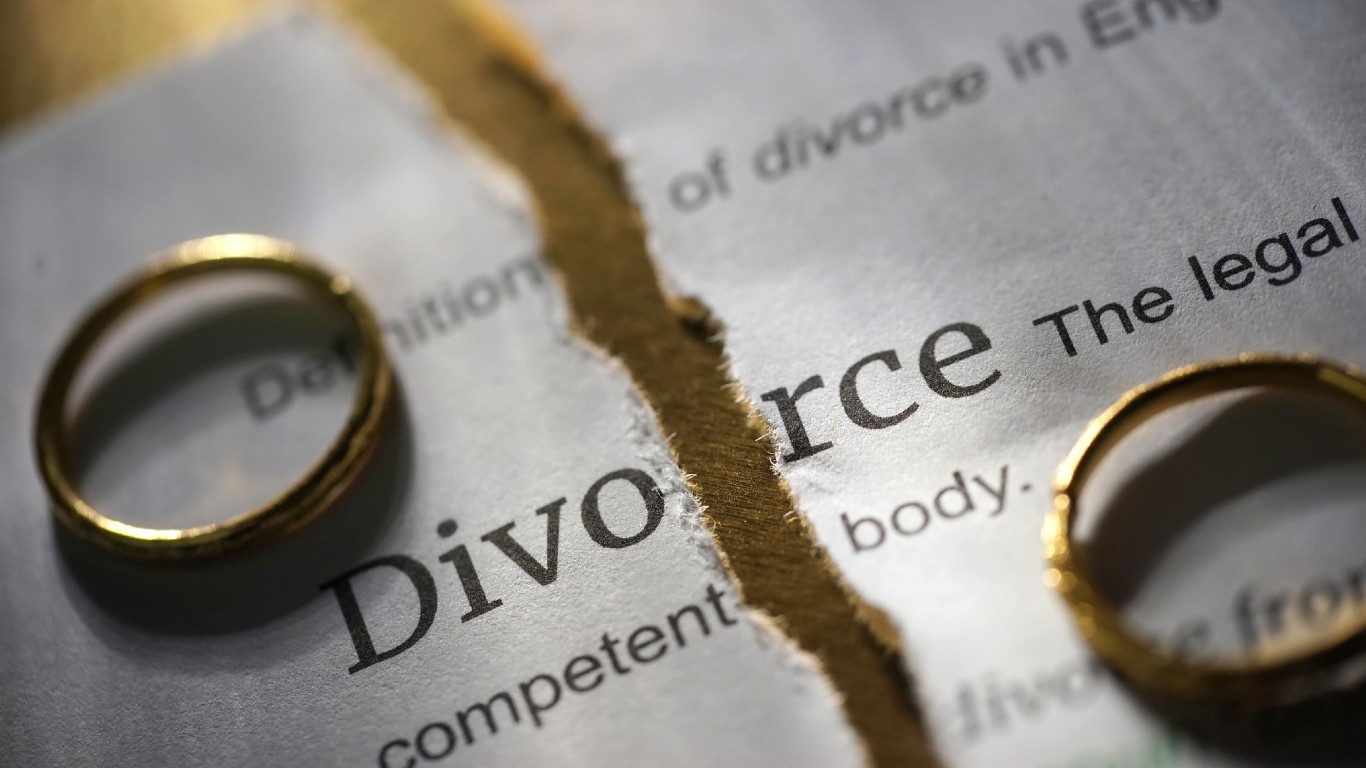
For decades, if not centuries, divorce was an unthinkable option for even the most loveless of marriages. All that changed with the Baby Boomer generation, however. While previous generations stuck through thick and thin for the sake of children and economic stability, the Baby Boomers made happiness a priority.
If you ask even the most conservative Boomer, they will probably tell you it’s better to get divorced than stay in an unhappy, loveless marriage. This is evident in the numbers, too, as Boomers have the highest divorce rates of any generation in the past half-century. Even more than their children the Millennials, Boomers are more likely to hit the road than stay in a marriage that isn’t working.
Life Expectancy

Cropped shot of a cheerful elderly woman hugging her husband who's in a wheelchair at home during the day
Thanks to strides in medical technology and a keener sense of what healthy living looks like, the Baby Boomer generation saw a meteoric rise in life expectancy. During the last century alone, life expectancy has jumped nearly 30 years. While previous generations embraced their twilight years, the Baby Boomers show no sign of slowing down for retirement. It’s not just the quantity, however, as the Boomers put a great emphasis on quality of life and what kind of legacy they can eventually leave behind.
Driving Safety

Another one of the ways the Baby Boomers shaped modern society concerns automobiles and driving safety. While seatbelts were invented back in the late 1800s, they didn’t see widespread use until the Baby Boomer generation came of driving age. Many a Boomer can remember a childhood where nobody wore their seatbelts.
While the shift toward driving safety was slow it was also steady. Starting in 1968, a new law required all new cars to come equipped with working seatbelts. Then nearly two decades later in 1984, Baby Boomer-aged lawmakers passed a new law requiring all car passengers to wear a seatbelt at all times. This act of legislation is estimated to have saved more than 255,000 lives between the years of 1975 and 2008.
The Internet

Another one of the ways Baby Boomers shaped modern society is undoubtedly the internet. While the younger generations may chuckle at the ways Boomers use (or misuse) the internet, the entire system wouldn’t be possible without some key innovations by Boomers. Computer scientist Tim Berners-Lee, born in 1955, created the software language that made modern web pages possible. From there, countless Baby Boomer engineers and software designers used their high positions at key tech companies to create the modern internet. Though they may not use it like the younger generations, everyone is indebted to the Boomers for creating the World Wide Web. (For media emphasis, discover the top films that defined the Baby Boomer generation.)